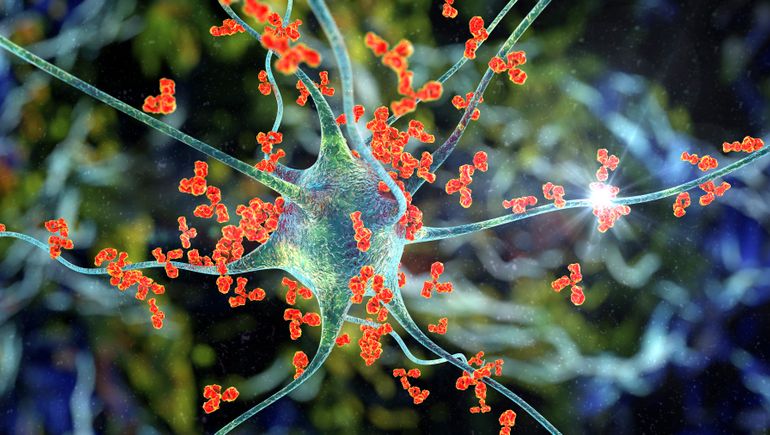
Dive Brief:
- Biotechnology startup Cour Pharmaceuticals has raised $105 million to advance a portfolio of medicines for autoimmune diseases.
- The startup’s funding was led by Alpha Wave Ventures and involved large drugmakers Roche, Pfizer and Bristol Myers Squibb. The cash will support Cour’s plans to develop nanoparticle drugs that can “reprogram” the immune systems of people with inflammatory disorders, said CEO John Puisis.
- Cour already has drugs in mid-stage testing for celiac disease and the rare liver disorder primary biliary cholangitis that are partnered with Takeda and Ironwood Pharmaceuticals, respectively. The funding will help generate proof-of-concept data for its wholly-owned programs for myasthenia gravis and Type 1 diabetes.
Dive Insight:
Typically, biotech startups are far from clinical testing when they raise their first venture funding. But Cour, which was spun out around research at Northwestern University more than a decade ago, traveled a different path.
In 2015, the company partnered with Takeda to develop a drug for celiac and, four years later, sold full rights to the Japanese pharmaceutical giant. In 2021, Ironwood secured an option to buy Cour’s next drug, for PBC.
Those deals traded away some of the potential financial upside to the company’s two first medicines. But they also gave Cour cash without it giving up equity, as well as time to advance other programs “in a non-traditional way,” said Puisis, who co-founded the biotech.
“From the outside looking in, comparatively, we may appear more like a later-stage Series B or Series C” company, he said.
Cour aims to stand out with a new approach in fields that have recently grown crowded. A number of cell therapy developers are targeting myasthenia gravis and Type 1 diabetes, two autoimmune conditions that require chronic therapy. Many are already in testing with treatments meant to deliver lasting benefit.
Cour hopes for long-lasting effects, too, but via a different method. It’s developed a nanoparticle to carry proteins the body has mistakenly identified as harmful. The particles are absorbed by specialized cells that “reintroduce” those proteins to the T cells responsible for the body’s adaptive immune response.
Because of the way the nanoparticles are designed, Cour says, the cellular reintroduction convinces the T cells to break off their attack, reestablishing immune tolerance of the misidentified proteins. Effectively, the approach is “reprogramming the immune system” without compromising its overall function, added Puisis.
The company does have some early evidence to support its claims. Phase 2 results for its celiac treatment were published in the journal Gastroenterology in 2021. After treatment with the drug, now called TAK-101, patients were evaluated for celiac disease and “many would be below the threshold for diagnosis,” Puisis said. Preclinical research has also been published in the Journal of Immunology.
But Pausis acknowledges those findings are early. It’s unclear how long the effects of Cour’s therapies might last.
“We are still learning about the duration of effect,” Pausis said, but “we are very encouraged by the data generated to date.”
Gwendolyn Wu contributed reporting.
- SEO Powered Content & PR Distribution. Get Amplified Today.
- PlatoData.Network Vertical Generative Ai. Empower Yourself. Access Here.
- PlatoAiStream. Web3 Intelligence. Knowledge Amplified. Access Here.
- PlatoESG. Carbon, CleanTech, Energy, Environment, Solar, Waste Management. Access Here.
- PlatoHealth. Biotech and Clinical Trials Intelligence. Access Here.
- Source: https://www.biopharmadive.com/news/cour-nanoparticle-autoimmune-biotech-startup-series-a/705979/
